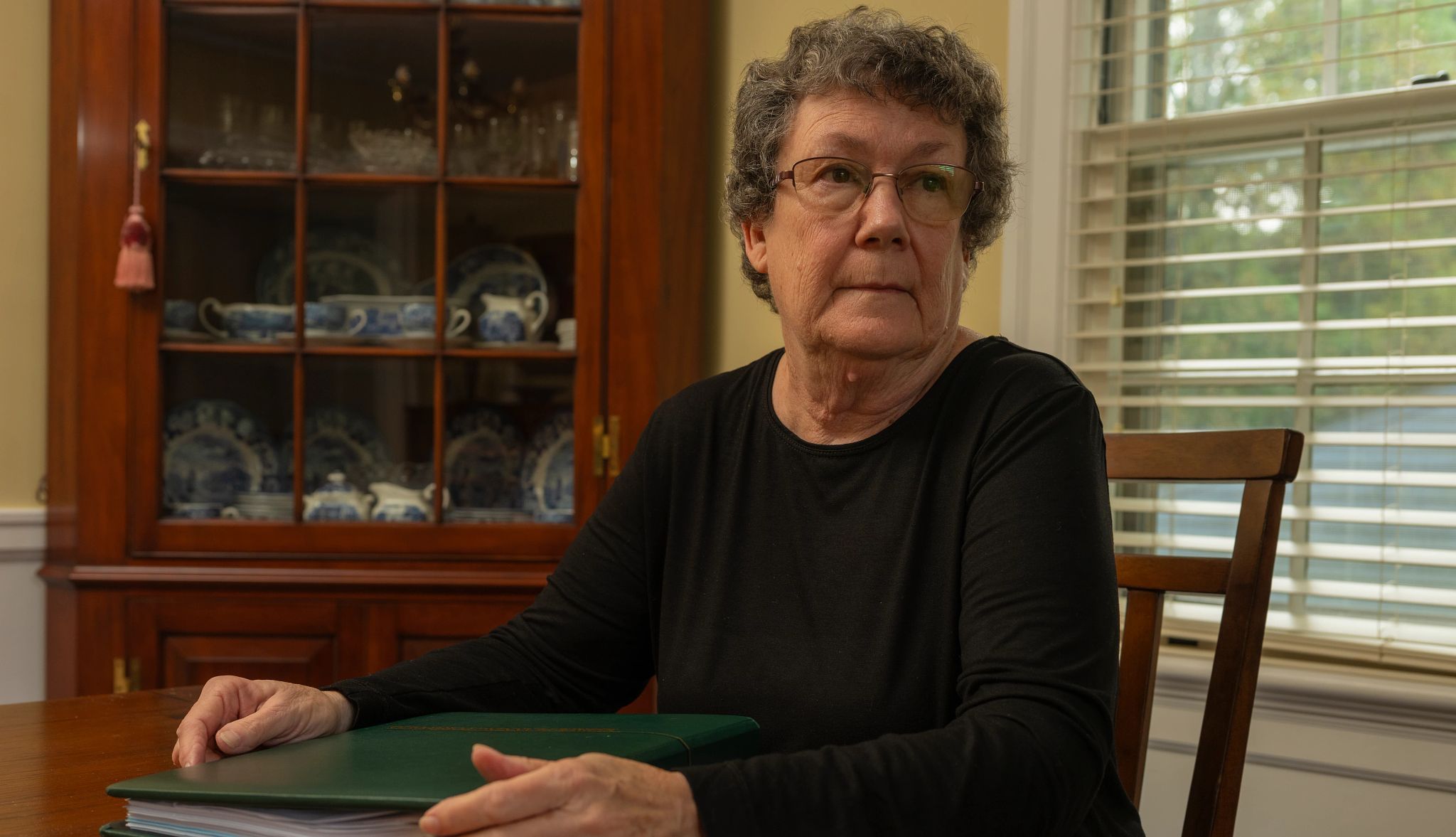
- Select a language for the TTS:
- UK English Female
- UK English Male
- US English Female
- US English Male
- Australian Female
- Australian Male
- Language selected: (auto detect) - EN
Play all audios:
Carol Kuhnley, a retired medical technologist, transferred her home into an irrevocable trust after attending an estate-planning seminar. Matt Eich Facebook Twitter LinkedIn The Problem
After her 44-year marriage ended in divorce, Carol Kuhnley attended an estate-planning seminar in 2022. “I just wanted to rewrite my will,” she said. Kuhnley, 73, a retired medical
technologist, got the new will plus something unexpected: an irrevocable trust. If she needed long-term care one day, she was told, Medicaid would pay, while the trust would shield her
assets for her two grown daughters, one with special needs. “I had never heard of a Medicaid trust before,” she said. Instructed to move her assets into the trust, she retitled her house,
then froze. “It’s intimidating,” she said. “It can’t be changed.” Her question for me: Was she doing the right thing?
First, some basics. If Medicaid is paying for your long-term care (Medicare doesn’t pay for nonmedical care), you’re limited to $2,000 worth of assets in your name, not counting certain
things, such as a car or a prepaid funeral. (Spouses can retain the family home and some additional assets.) To qualify for Medicaid without spending their nest egg on care, some people put
assets into an irrevocable trust. Then the assets are no longer yours; they are held for the beneficiaries you designate. Importantly, there’s also a “lookback” rule: In nearly all states,
assets you put into an irrevocable trust or give away within five years of your application for Medicaid will temporarily disqualify you from the program.
Ask Jean ChatzkyIf you would like Jean Chatzky to write a column about helping you sort out a financial problem of yours, please send an email to [email protected].
To assist Kuhnley, I consulted John Midgett and Letha McDowell, experienced attorneys who practice elder law in Kuhnley’s home state of Virginia. (Regulations for implementing Medicaid are
state-specific.) Some questions they addressed:
Does a trust make financial sense for Kuhnley? Maybe. Say she needs care five years from now. By one estimate, a semiprivate room in a Virginia nursing home will cost $10,700 a month. Over
five years, that’s $642,000 — a calculation Midgett uses to determine the usefulness of Medicaid planning. Kuhnley’s retirement accounts and her home’s value add up to more than that, so
she could benefit from a trust, Midgett thinks.


:max_bytes(150000):strip_icc():focal(959x536:961x538)/ringo-starr-027f7cc800994f8b9f969584553ea665.jpg)

:max_bytes(150000):strip_icc():focal(144x0:146x2)/blake-lively-290-1-1496f2c819f645abab9af0c95a3561e0.jpg)